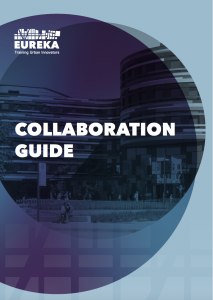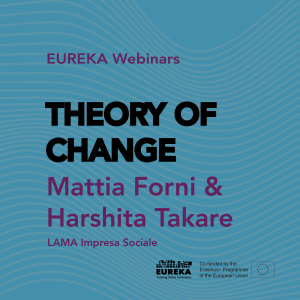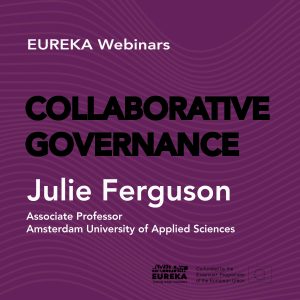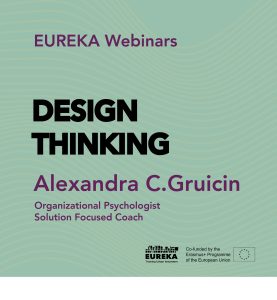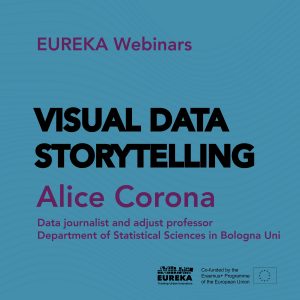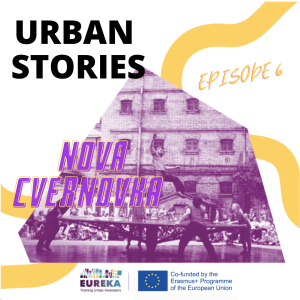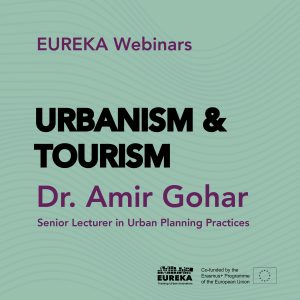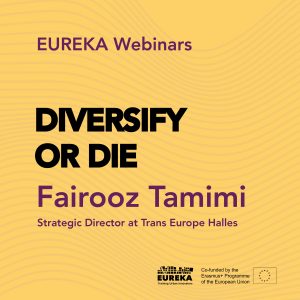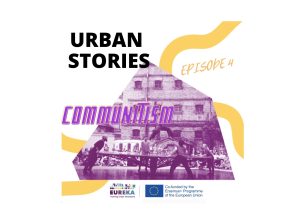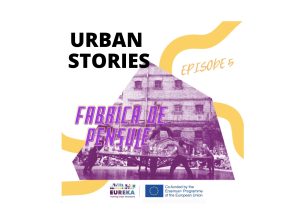Design Thinking is a non-linear, iterative process that teams use to understand users, challenge assumptions, redefine problems and create innovative solutions to prototype and test.
Design thinking is different from other innovation and ideation processes in that it’s solution-based and user-centric rather than problem-based. This means it focuses on the solution to a problem instead of the problem itself.
However, can this approach be applied to urban innovation? What can be the benefits of using it for present-day urbanists?
About the speaker: Alexandra Cotirta Gruicin
Alexandra Cotirta Gruicin is an Organizational Psychologist, certified in Transactional Analysis (Psychotherapy & Organizational Development), Solution Focused Coaching ACC level and Lean Six Sigma Green Belt. Passionate about psychology and human potential, has been working in various projects supporting leaders and teams to achieve significant results, psychological safety, creative solutions and organizational development.
